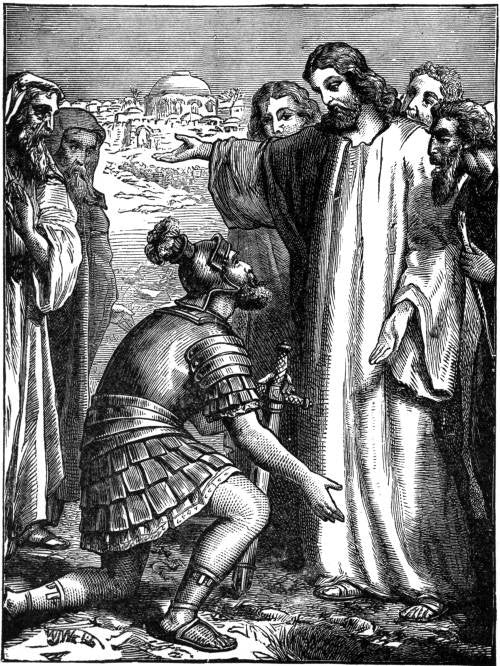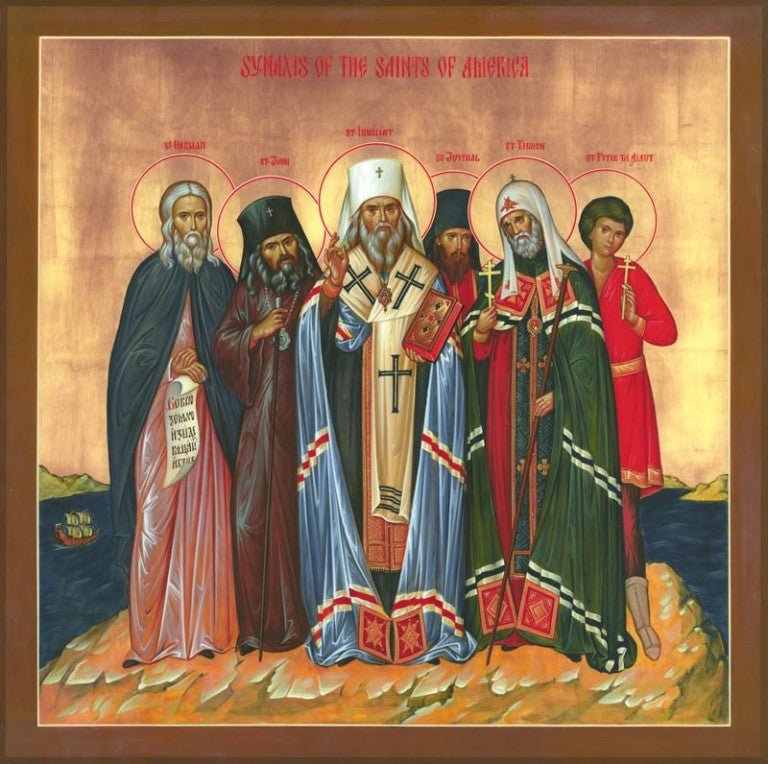Sermons & Homilies

In today’s Gospel we read about two of the miracles of our Lord Jesus Christ, worked while He was in Capernaum, a populated city on the banks of the Sea of Galilee where our Savior often stayed and dwelt for periods of time. Capernaum was situated at the junction of important trade routes. Since our Lord spent a significant amount of time there preaching and working miracles, we can assume that the word about His preaching and deeds went out from Capernaum in various directions. Perhaps the two blind men in this Gospel heard from others about the healing power of the God-Man. Imagine the struggle they must have gone through, however, to get to Christ. Not having the privilege of physical sight, they must have required assistance. To go anywhere for them would require labor and determination. But finally they made contact with Christ – as the Gospel says, they followed Him, something which would have been especially difficult for blind men – and cried out to make themselves known: “Son of David, have mercy on us! With this cry they acknowledged two things; first, the royal lineage of the Savior, as it was prophesied that the Messiah would come forth from the House of David, and second their belief in the power of Christ to heal their infirmity. Furthermore, when questioned regarding their faith in the person of Christ, they called Him Lord. Though they were told not to spread the word of their healing, they were not able to restrain themselves for joy. We can imagine that it would have been hard for them to explain to their close ones that they now had sight, without explaining the circumstances concerning their miraculous healing and giving glory to Christ, their Lord and Healer.

Nearly one hundred years ago, a single day saw the collapse of the greatness and glory of the Russian State, a bulwark of peace throughout the whole world. The signature of the Sovereign, the Emperor Nicholas Alexandrovich, on the act of abdication from the Throne, is a historical boundary separating Russia’s great and glorious past from the dark and cruel circumstances that followed.


In today’s Gospel we have the story of a remarkable faith, a faith so powerful that it could move Christ to perform a miracle of healing.


